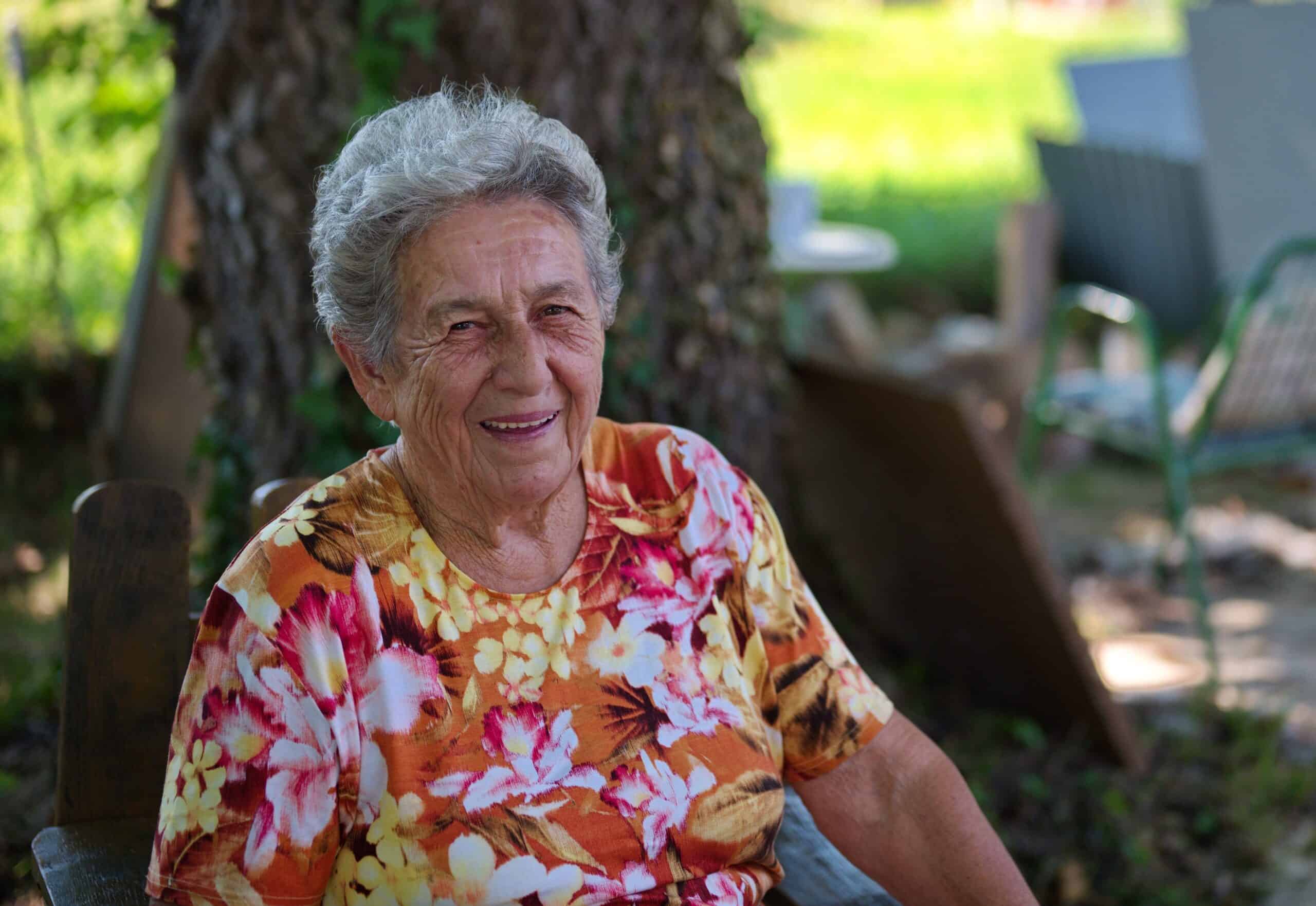Background Story Part VI
We do not know what happened to Lawrence’s mother and father’s money. We knew they had inherited an ample amount. But when Lawrence and I took them into our home, it was gone. Like many families, Lawrence’s family had never talked about money, which I believe is a grave mistake for families to make.
Through the years we saw Mom and Dad Gridley’s lifestyle diminish. When I first met them in the early eighties their favorite form of entertainment was eating out, shopping and traveling. They had paid for Lawrence and his brother John’s educations and were still supporting Lawrence when I met him at age 31 as he was finishing up a master’s degree at Indiana University. Lawrence had twelve years of higher education at that point in time. Mom and Dad Gridley had also purchased two new cars for Lawrence and his brother and gave them each a credit card for buying gas. They also paid for the car insurance and other living expenses and were constantly buying them expensive gifts. They bought gifts for me too, and the grandchildren when they came along, but they stopped paying our living expenses soon after Lawrence and I married.
Soon after Lawrence and I married, his parents bought a beautiful tract of land on their beloved Keuka Lake, near Hammondsport, New York, in the Finger Lakes region. They built a breathtaking 6,000 square ft. home overlooking the lake and the western sunsets. They built a huge dock and bought a boat. Milford was so happy during that time. He fished and visited his friends at the lodge almost daily. Marjorie seemed stressed by the upkeep of the house and being left home alone since she couldn’t drive.
Two years later Milford got sick with leukemia and had to have his spleen removed. Things seemed to change after that. They never put curtains in their home, for example. At first Marjorie said it was because she couldn’t decide what kind she wanted. But they lived there for eight years without curtains.
The eating out, traveling, and buying of gifts dropped off dramatically. Then they moved into a smaller home and Dad Gridley started driving the school bus. He said he enjoyed it and just wanted something to do, but now we know they needed the money. He had plans of being a consultant for Ingersol Rand after he retired, but that never transpired. Then he was going to sell real estate. Nothing ever came of that either. In retrospect, I think it was because he was beginning to experience dementia.
We found out later that for some unknown reason, probably due to his dementia, Lawrence’s father cashed in their stocks until there were none left. If Lawrence’s father had only worked with a financial professional, his financial mistakes could have been prevented. Working with a group of financial advisers, or an advisor that is part of a larger organization is best to lessen the possibility of fraud. Also, if something happens to the advisor who has worked closely with a client, another is there to take his or her place with the records passed on. Milford could have asked Lawrence and his brother to join him on trips to meet with the advisor, and he could have signed a form that would give the advisor permission to contact Milford’s sons if he saw that Milford was making questionable decisions or if there was missing money. But alas, we will never know what happened to their ample inheritance now. In today’s money it was over a million dollars, and if managed properly, could have grown to two million today.
Whatever happened to their fortune was irrelevant in the health care crisis we were experiencing with them in 2007 and we did not have time to research or dwell on what was not. We had to make do with what was. The small home that they lived in was a manufactured home on a rented lot. I enlisted the help of a realtor that Mom Gridley had contacted a few months earlier to help sell it long distance. She sold it quickly to an elderly couple that Mom and Dad Gridley knew as friends, which was an answer to prayer. Mother Gridley’s superior housekeeping was legendary and the home seemed like new. Soon we had the check. We helped Mom Gridley open an account and put the check in there. She still had an account in Bath, where Milford’s meager retirement benefits and social security checks were automatically deposited. Marjorie had not worked outside the home enough in her lifetime to earn credits toward social security benefits.
Now we had to empty their house and put their belongings somewhere. Mother Gridley helped there too because she had been ‘hoeing out’, as she called it. Mom Gridley was always ‘hoeing out’. She ‘hoed out’ more when she was stressed. She told me after we took them to live with us that she had thrown away her bag of diamonds. Mom Gridley had carried that bag of diamonds that she inherited with her since I first met her and she fretted and worried about them when she was out, always mindful of her handbag, where she kept them. She didn’t trust the bank safety deposit box. And yet, she threw them away. So you can imagine how many other possessions she disposed of during her stressful time taking care of Milford in his dementia. There wasn’t a whole lot to move, but two bedroom suites, a dining table and chairs, a hutch, two bookcases, a stereo, a television and table, a desk and living room furniture had to be put somewhere.
In those days I didn’t know about the companies that specialize in the service of helping older folks downsize and move. I hired the college aged sons of a friend at church and our youngest son to move Lawrence’s huge collection of books and bookcases to the basement to make room while Lawrence and his brother rented a U-Haul and loaded it up in New York. When they returned we divided up the contents at our house and traded some of our furniture for Mom and Dad Gridley’s furniture. I told Lawrence’s brother he could give our furniture to his family or sell it. Of course, I would have liked to have given our furniture to our two oldest sons, but at that time they were living in Washington State. I did not have the energy or time to deal with it. Desperate times call for desperate measures.
Now we knew where they stood financially. They had a little money but Lawrence would not touch it without his mother’s instructions, and he would not ask her for the money to pay her bills or to help with the food costs. She wanted to pay off their car, a Buick, with some of the money they earned from the sale of their house. Lawrence helped her do that, which was a quarter of the money from the house.
The car was not worth nearly what they owed on it. Which reminds me of what happened a year before. I heard the story second hand from Lawrence, and he only knew what his brother told him. They both went to New York because their father was having trouble with a car that he had purchased. An unscrupulous car dealer had sold them a car at an inflated price and they couldn’t make the payments. They turned it back in somehow. I don’t know who helped them buy the Buick or if he had any help at all, but it was expensive.
Marjorie had never handled the money for the family, except to spend it. That was Milford’s role, which is why when he could no longer do it, Marjorie began calling us to ask for money to pay their bills. When they moved in with us and the health care bills started rolling in, we were paying them out of our pocket because Lawrence would not access his parent’s money. Lawrence and I have always lived on a tight budget, and I am the one who bore the responsibility of making sure the ends met. We did not have much discretionary income, but even if we had, I did not think we should be spending our hard earned money on his parent’s healthcare when they had their own money to spend. And we were feeding them too, and food costs have always been our second largest expense. Milford ate a lot to put those lost pounds back on.
Early in my attempts to find help for Marjorie and Milford, I was asked if I was their Power of Attorney. I had never even heard that term before. Soon I found out that it means a person who has been named a Power of Attorney can make financial decisions for the person who bestows the power of attorney. We didn’t know if Mom and Dad Gridley had drawn up such a document or not. They certainly never mentioned it to anyone. However, when relocating their possessions, we found the power of attorney document, and a living will and will for each of them. Dad Gridley did not want any life extending measures such as a feeding tube or artificial respiration if he was ever in a condition where such a decision had to be made. The power of attorney gave power to Lawrence and John. That little word ‘and’ was problematic sometimes because it inferred that both sons had to sign a document or permission form. We wish they had designated Lawrence or John.
But at least we didn’t have to go through a guardianship process whereby there is a jury trial to determine competence that the one with dementia has to endure. In a way it is protection for the one with dementia, so that in case they don’t actually suffer from dementia, they will not have their decision making power taken away. I plan on being very eccentric in my elder years and will probably be mistakenly accused of dementia. I have always been eccentric; I just hide it most of the time now to fit socially acceptable parameters. Guardianship is an awesome responsibility with no rewards that I know of. The responsibility of a guardian from the Kentucky Protection and Advocacy Agency is summarized: “A guardian also must report to the court every year about how the ward is doing. The report includes information on where the ward is living, in what programs the ward is involved, and whether guardianship continues to be needed. If the guardian is responsible for the ward’s finances, the guardian must tell the court within 60 days of being appointed what all of the ward’s assets and income are. In addition, the guardian must give a financial report to the court every 2 years. The financial report is a simple accounting of what money was received by the ward (for instance, the SSI check) and how it was distributed.” For more information about guardianship, please go to: https://www.kypa.net/uploads/ThinkingGuardianship.pdf Kentucky’s public guardianship program is administered by the Division of Guardianship in the Cabinet for Health and Family Services and is very over utilized. The guardians have too many wards. If Mom and Dad Gridley did not have family to step up to care for them they probably would have become wards of the State of New York’s guardianship program.
Next week…..more on legal and financial experiences.
The post Background Story Part VI appeared first on Aging With Grace.






